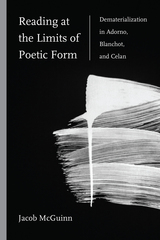
The Harvard Celtic Colloquium was established in 1980 by two graduate students in the Harvard University Department of Celtic Languages and Literatures as a forum in which graduate students could share their work and gain experience in professional academia. Since then, it has been organized annually by a team of students in the department, grown in size, and gained an international reputation which annually draws a diverse mix of scholars from around the world to present papers on all facets of Celtic Studies.
The Harvard Celtic Colloquium is the only conference in the field of Celtic Studies to be wholly organized and run by graduate students. Since its inception, established and internationally-renowned scholars in Celtic as well as graduate students, junior academics, and unaffiliated scholars have been drawn to this dynamic setting, presenting papers on ancient, medieval, and modern topics in the many disciplines relating to Celtic Studies; including literature, linguistics, art, archeology, government, economics, music, and history.
Papers given at the Colloquium may be submitted for review to the organizers of the conference, who become the editors for those papers selected for publication in the Proceedings of the Harvard Celtic Colloquium. Only papers presented at the annual conference are considered for publication.
Harvard University Press is proud to announce that we will distribute the Proceedings of the Harvard Celtic Colloquium. Two new issues are available this Fall: Volume 18/19 (1998 and 1999) and Volume 20/21 (2000 and 2001). Back issues are also available.

READERS
Browse our collection.
PUBLISHERS
See BiblioVault's publisher services.
STUDENT SERVICES
Files for college accessibility offices.
UChicago Accessibility Resources
home | accessibility | search | about | contact us
BiblioVault ® 2001 - 2024
The University of Chicago Press









